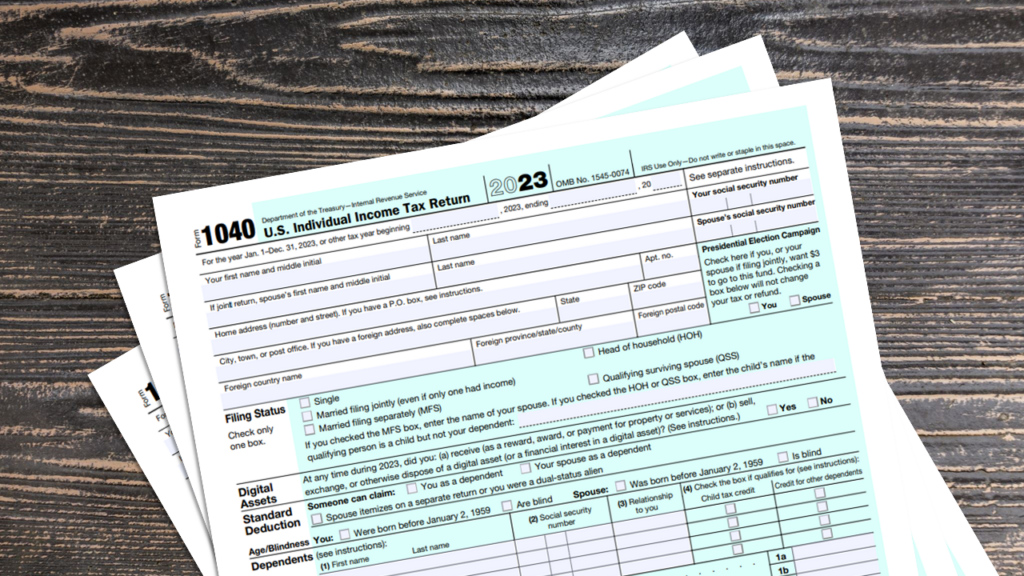Issue Brief
Restore Advance Refundings
Allow our Communities to Once again Refinance

For decades, state and local governments were able to refinance outstanding debt by issuing a tax-exempt advance refunding bond to pay off another previously issued bond. Typically, the new refunding would allow the issuer to achieve a lower interest rate and generate savings to the issuer and taxpayer.
Why We Care
Between 2007 and 2017, issuers used advance refundings to save more than $18 billion.[1] While issuers can still use current refunding bonds within 90 days of the call date, permitting issuers to once again issue tax-exempt advance refunding bonds beyond that window would allow state and local governments to take advantage of favorable interest rate environments, save tax dollars, and reinvest savings in additional infrastructure.
NABL Stance
NABL currently supports the Investing in Our Communities Act (H.R. 1837) and the LOCAL Infrastructure Act (S. 1453), which would restore tax-exempt advance refunding bonds. To learn more about our advocacy on this issue or to learn more about how your office can cosponsor legislation to restore advance refundings, please email advocacy@nabl.org.
[1] GFOA. “Advance Refunding Myth Buster.” Web access: https://www.gfoa.org/advance-refunding-issuance
Take Action
Get Engaged
Bond lawyers are trusted voices on public finance issues in Congress, federal agencies, and partner organizations. Your voice carries the weight of that expertise. Speak up for advance refunding bonds with just a few clicks.

Latest on Advance Refundings

Joint Statement on “Tax Tools for Local Economic Development”
A statement for the record from the Public Finance Network (PFN) in response to the July 30, 2024 Senate Finance Committee hearing.

LIFT Act Reintroduced in 118th Congress
The three-prong bill would restore tax-exempt advance refunding bonds, modernize the small borrower’s exemption, and implement a new direct pay bond program.

Gearing Up for a Potential Tax Bill in 2025
Key provisions of the Tax Cuts and Jobs Act (TCJA) begin to expire at the end of next year, teeing up the likelihood of a major tax package in the…